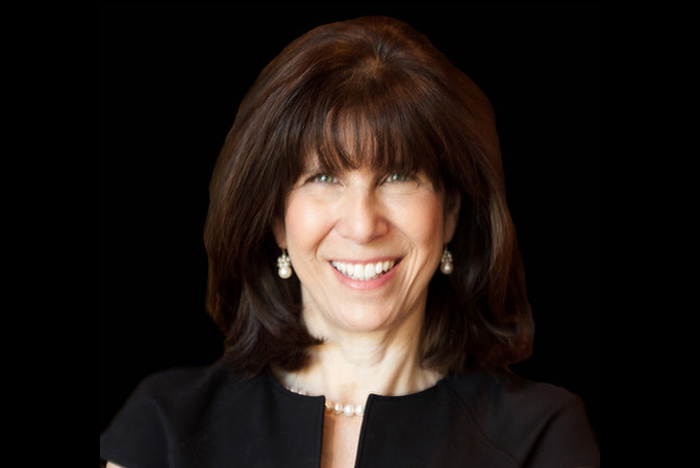Aspinall also faced hurdles starting at a young age.
“As a young woman, I always wanted to be a doctor — desperately. However, in high school my guidance counselor told me that wasn’t an option because I was a girl,” Aspinall said. “I grew up in a low-income neighborhood in Brooklyn, New York, where only about 50% of the students graduated high school. Becoming a doctor was tough for a boy in this neighborhood, but for a girl — impossible.”
Aspinall nearly gave up on her dreams because of her high school guidance counselor’s advice.
“I felt deflated, and immediately dropped all of my math and science courses. I had no motivation to pursue a path that I was told wasn’t within reach,” Aspinall said. “But the world has a funny way of bringing your passions back to you.”
Discovering a love for science
“I came into the space business kind of sideways. It’s not that I didn’t love it — it felt too distant from what I thought was accessible for me. I didn’t see a path — I didn’t even look for a path until the work I was doing was suddenly pertinent to the planets,” Dr. Elkins-Tanton said. “It was so intellectually exciting, but it was way more than that. It’s what astronomy does for you — it makes you feel like you come out of yourself. It becomes a philosophy. It’s spiritually fascinating to think about things that are not of our Earth.”
For Aspinall, her passion for science returned when she wanted to be a more effective leader and genuinely make a difference.
“Years later I accepted a new job, and my first assignments were in the health care field. Realizing how much it still meant to me, I decided to volunteer at the American Cancer Society and rose through the ranks from volunteer to chairman,” Aspinall said. “To be the most effective chairman, I needed to know the science. I was inspired to go back to school and learn the fundamentals so I could properly allocate resources and grants and make an impact with my position.”
Aspinall wants to let women know it’s never too late to start something new.
“School and work were a balancing act, but I was learning to help others in more impactful ways, all because I took my career into my own hands,” Aspinall said. “Many people say, ‘it’s never too late,’ and I can tell you it’s true. There is no ‘sell-by’ date. Could I have achieved what I have without a deeper science background? Maybe. But I wanted to make an impact on a broader range of people.”
Advancing the role of women working in STEM
“It can be difficult for women and people of color to find their path in a field that may not feel open to them, but it is open to you and you are wanted,” Aspinall said. “Everyone needs to be in an environment where they are respected and valued for their work.”
Being aware of the potential challenges, but knowing there is acceptance is key. Your merits can help you advance, regardless of gender.
“There is work to be done in this area, but I am hopeful about the future for a more diverse and equitable STEM workforce,” Dr. Elkins-Tanton said.
“The key is to make the most of every opportunity on your path and stay true to what you want out of your career, be it STEM or anything you’re passionate about,” Aspinall said.
These female leaders stress the importance of not letting someone else shape your path for you. Creating a more equitable world for women and girls who are passionate about pursuing careers in STEM starts with bringing awareness to their worth and value.
The ASU Online experience
Empowering students to think critically and solve real-world problems is essential within the ASU Online experience.
“Often students know to find answers in the back of a textbook, but we need to proactively teach students they have the agency and ability to solve problems on their own,” Dr. Elkins-Tanton said. “After all, most things are not known, and most problems are not solved.”
You can learn more about our STEM programs and see what ASU has to offer by joining the #ASUOnline conversation on Facebook, Instagram and Twitter.



